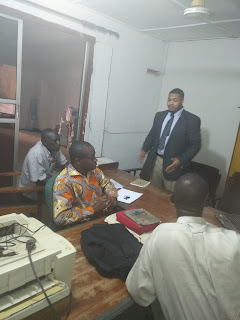Buy Gmail Accounts Indian ( GMAIL PVA )
Yes you can Buy Indian Gmail Account in bulk. We are offering 100% working and high quality Gmail Account created on Indian IP and Indian name.
I have 2 -6 months old gmails and 5-7 years old gmail also in bulk
100% trusted deal. For testing I can give 1 Email id.
Selling for Google ads , SEO, PPC and other legit works.
Here are features of these gmail ids :-
1- All will be working
2- Created without mobile number
3- All ids will have recovery id
4- First name and Last names will be Indian
5- User-friendly usernames
6- Manually created on Indian IP
7- 100% clean and fresh
8- You can use for Google Adwords and Bing ads too
9- 100% secure ids never shared credentials with other users.
10-Instant delivery after payment
11-Double checked before delivery
12-No spam-my tool used in creation
13-We will make proper data sheet of Login password and recovery id etc.
14-Same day replacement if any issue occurs in login password or recovery id
15-After use no any warranty.
You can buy and use for your business and social media accounts like YouTube and Facebook etc.
Minimum you can order 10 Ids. Price of one Gmail id is 30 INR. For bulk order we may offer more discount . All will be genuine and working.
Gmail is the one of the best available email service on web. It is fastest and secure. You can buy Gmail Phone verified accounts and can grow your business.
For Instant inquiry and order you can contact me at my
Buy Gmail Account
GMAIL PVA
Indian Gmail Account
Bulk Gmail account
Gmail in bulk
Gmail for EMail-marketing
High Quality Gmail Account
New Gmail Accounts
Gmail For SEO
Gmail for Google ads
Gmail for Microsoft ads


















